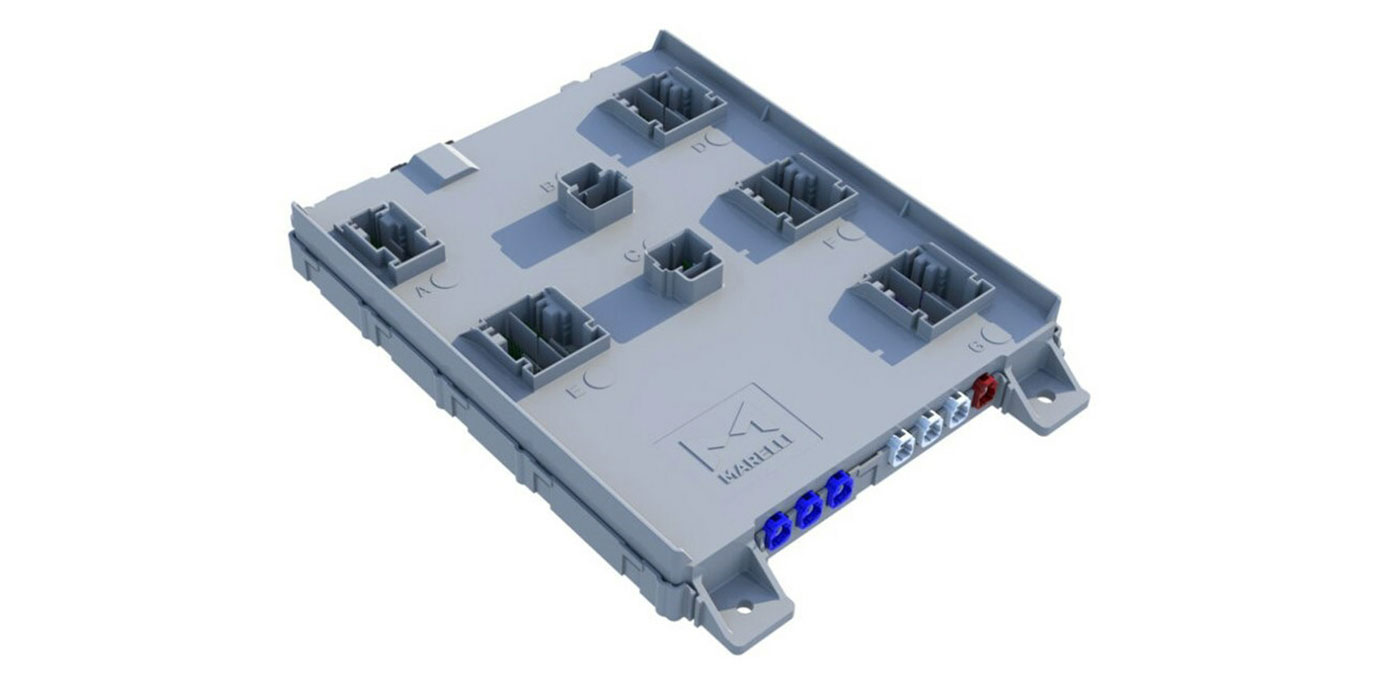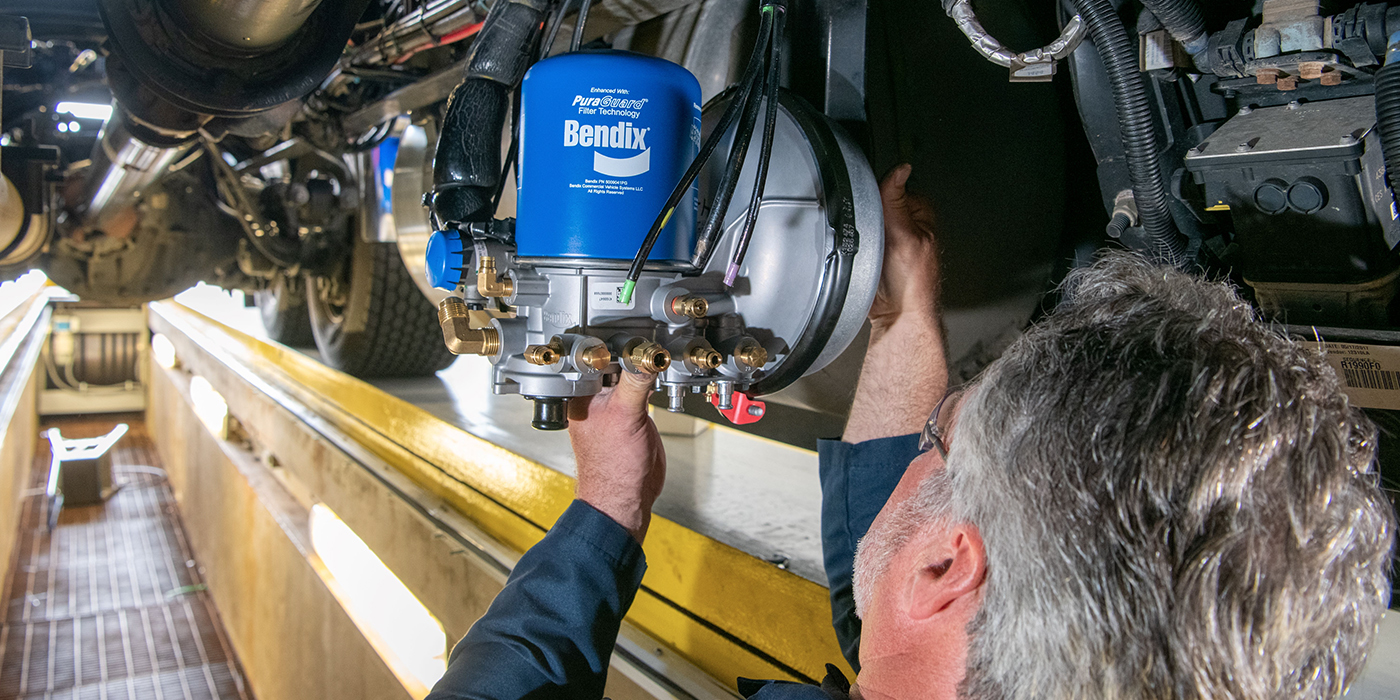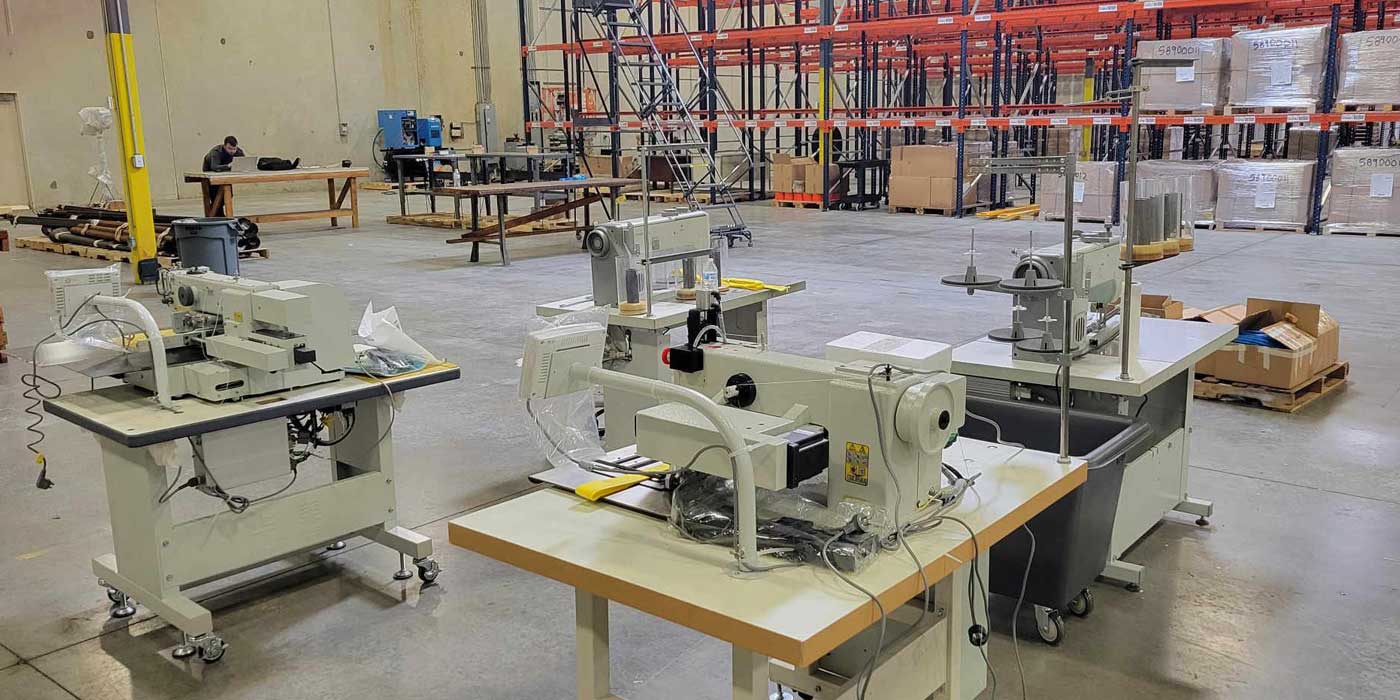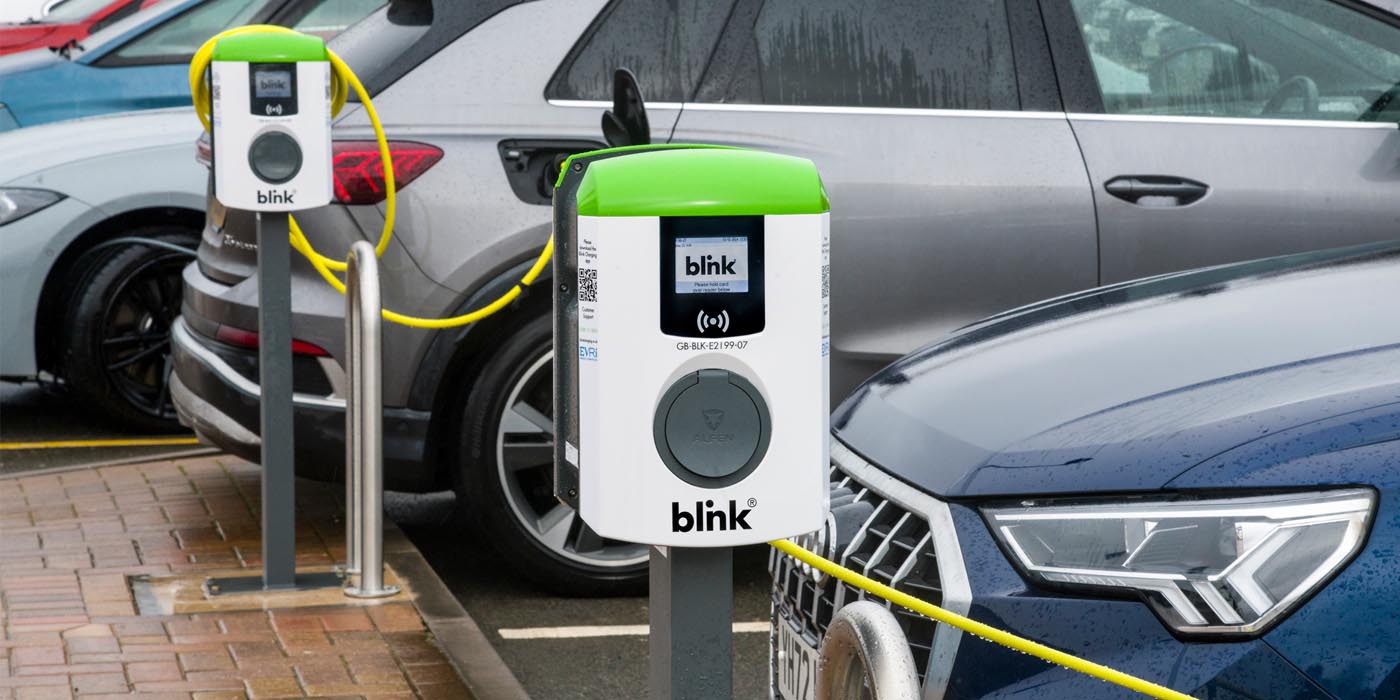From Underhood Service Magazine
In early March, Volkswagen announced that it is taking an important step toward sustainability and environmental protection by choosing CO2 as the future refrigerant for its air conditioning systems.
At the Geneva International Motor Show, Volkswagen affirmed its entry into CO2 technology would be rolled out progressively over its entire vehicle fleet. Other European automakers that signed during the auto show to develop CO2 systems included Daimler AG (Mercedes-Benz), Audi, BMW and Porsche.
CO2 (carbon dioxide) as a refrigerant – also known as R744 – is a naturally occurring gas with significantly lower greenhouse gas effects than conventional refrigerants, and can be used in specially designed automotive air conditioning systems. With a GWP (Global Warming Potential) value of 1, it is 99.3 percent below the EU specified GWP limit of 150.
In recent months, Daimler was very vocal about its decision to steer away from the new refrigerant HFO-1234yf, saying the new formulation poses a much greater fire hazard than many of its fellow carmakers currently believe.
General Motors said it is currently using HFO-1234yf in the Cadillac XTS in the U.S. market, and will roll out the introduction of the new coolant across its global vehicles over the next few years while “continuing to review” Daimler’s findings.
Following the auto show, DuPont [which makes HFO-1234yf] expressed disappointment in Daimler’s statement that it will postpone compliance with Europe’s Mobile Air Conditioning (MAC) Directive while it pursues a technology that reportedly will not be ready to implement for many years.
The MAC Directive, which is a central part of the European Union’s sustainability program and went into effect Jan. 1, 2013, requires that automotive air conditioning systems in new model vehicles sold in the European Union use a refrigerant with a global warming potential (GWP) of less than 150. Failure to implement the MAC Directive immediately comes at a considerable cost in terms of greenhouse gases introduced into the environment. For example, delaying the MAC Directive until the start of 2015 would result in higher greenhouse gas emissions equivalent to putting 400,000 additional cars on the road.
Daimler officials at the Geneva show said that the automaker would be prepared to pay the EU compensation for violating the directive.
Automakers have had a number of years to identify a refrigerant for use in complying with the MAC Directive. Automakers from around the world evaluated a range of refrigerants as candidates for MAC Directive compliance, including HFO-1234yf and carbon dioxide.
Among the available options, the consensus view was that HFO-1234yf is the most suitable alternative when considering performance, life-cycle climate performance, safety, implementation costs and industry readiness.
“Automakers conducted extensive testing, and concluded that HFO-1234yf is the best option overall,” said Thierry Vanlancker, president, DuPont Chemicals & Fluoroproducts.
“This involved extensive testing in real-life conditions, and evaluations conducted at independent, third-party laboratories. The results consistently showed that the refrigerant is highly unlikely to ignite and that ignition requires an extremely unlikely combination of exceptional conditions that are not consistent with real world collision scenarios,” Vanlancker said.
All industry-sponsored risk assessments have determined that HFO-1234yf can be used safely and that neither flammability nor hydrogen fluoride formation present a significant safety concern. In fact, a presentation co-authored by Daimler and presented in September 2012 in Germany concluded that "R1234yf equipped vehicles are as safe as those using R134a – for occupants, mechanics, first emergency responders and fire fighters."
According to DuPont, using carbon dioxide as an automotive refrigerant reduces fuel-efficiency of vehicles, which becomes an overriding factor in the warmer geographies of the world. Furthermore, use of carbon dioxide as an automotive refrigerant involves the potential for passengers to breathe unacceptable levels of carbon dioxide in the event of a refrigerant leak.
Sources: Volkswagen AG, DuPont and Reuters news service
New 17-ton Rotary Pit Lift Released in Europe, Middle East, Africa
The lift can adjust to fit different pit sizes, while maintaining the ability to pick up, lift and support heavy-duty vehicles.
Vehicle Service Group (VSG), part of Dover, announced the launch of the Portal Lift 17 Vario, a new suspended pit lift under the Rotary brand in the EMEA (Europe, the Middle East and Africa) region. The Portal Lift 17 Vario joins Rotary’s Blitz Series and has been engineered for heavy-duty use, with a capacity of 17 tons, according to the company.
Standard Motor Products Introduces 268 New Numbers
The release provides new coverage in 75 product categories and 80 part numbers for 2023 and 2024 model-year vehicles, SMP said.
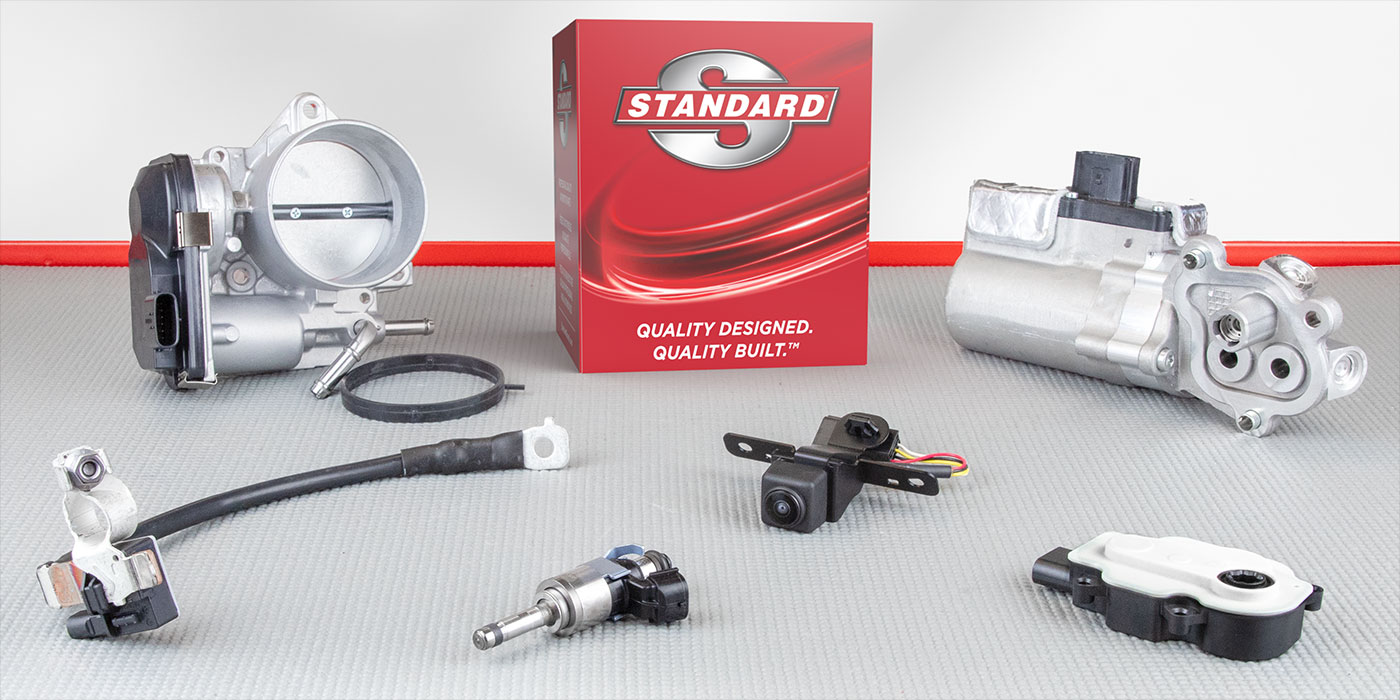
MAHLE Releases 2023 Sustainability Report
MAHLE noted it made significant progress in reducing its CO2 emissions, and increasing the use of renewable electricity.

Transtar Industries Continues Rapid Product Line Expansion
The company is now offering OE recycled engines, in addition to its expansive line of OE recycled transmissions and transfer cases.
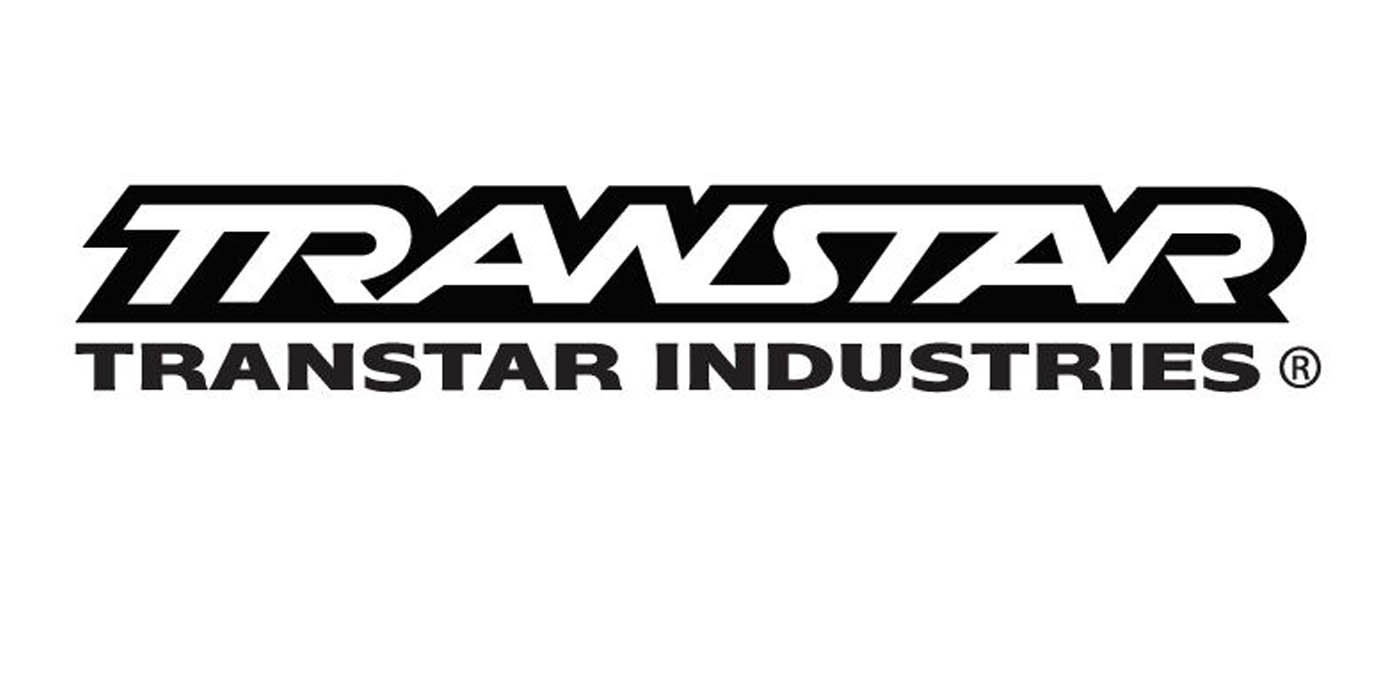
ZF Cleans Up Metro Park for Earth Day
ZF said the effort was in line with its dedication to sustainability, zero-waste and circularity.

Other Posts
TRP Celebrates 30 Years of Aftermarket Parts
Thirty years and 300-plus stores later, TRP looks back at what led to the milestone.
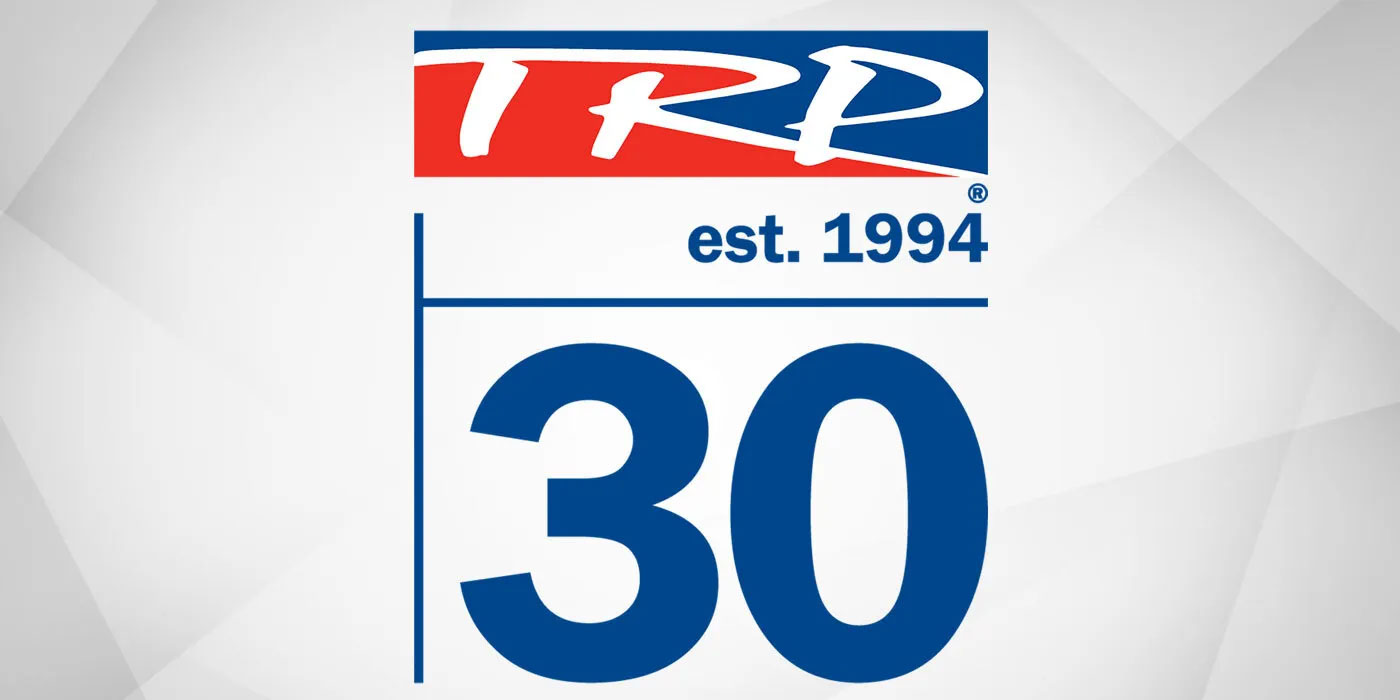
New Sanctions on Russian Nickel, Copper and Aluminum
Reisman discusses how the sanctions will impact prices paid by those in the automotive industry.
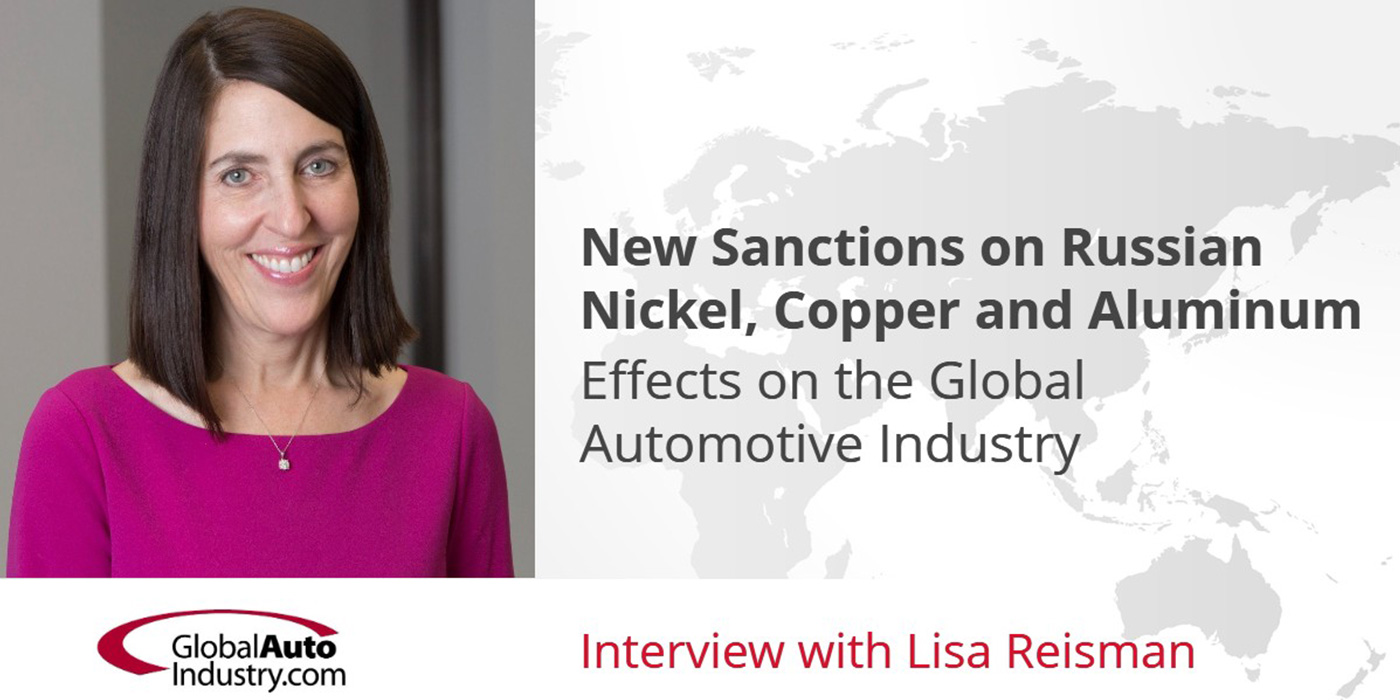
PRT Launches 30 New Complete Strut Assemblies
The new items represent more than 10 million vehicles in new coverage, PRT said.
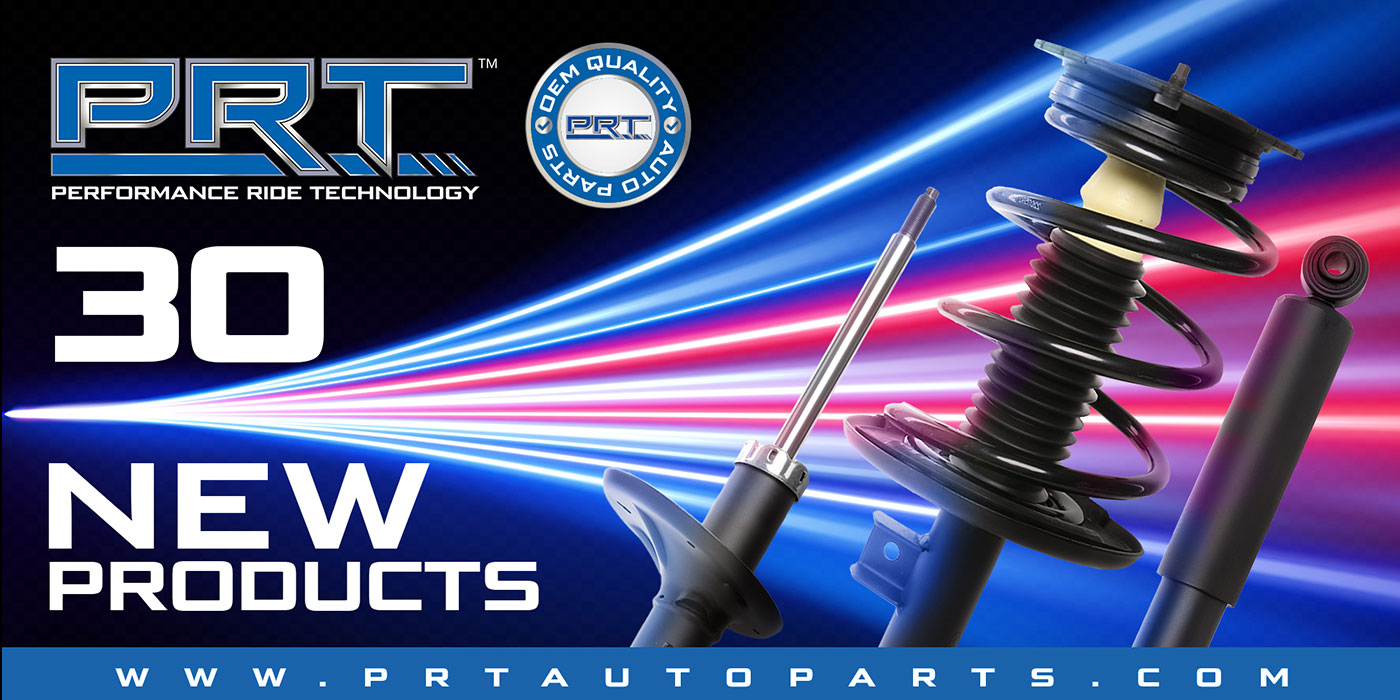
Marelli, Infineon Collaborate on Electronic Zone Control Unit
Marelli will showcase its latest zone control unit (Zone), built in collaboration with Infineon, at the upcoming Auto China show in Beijing.
